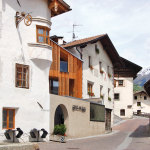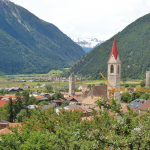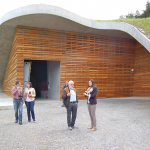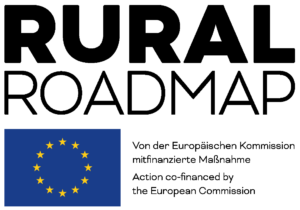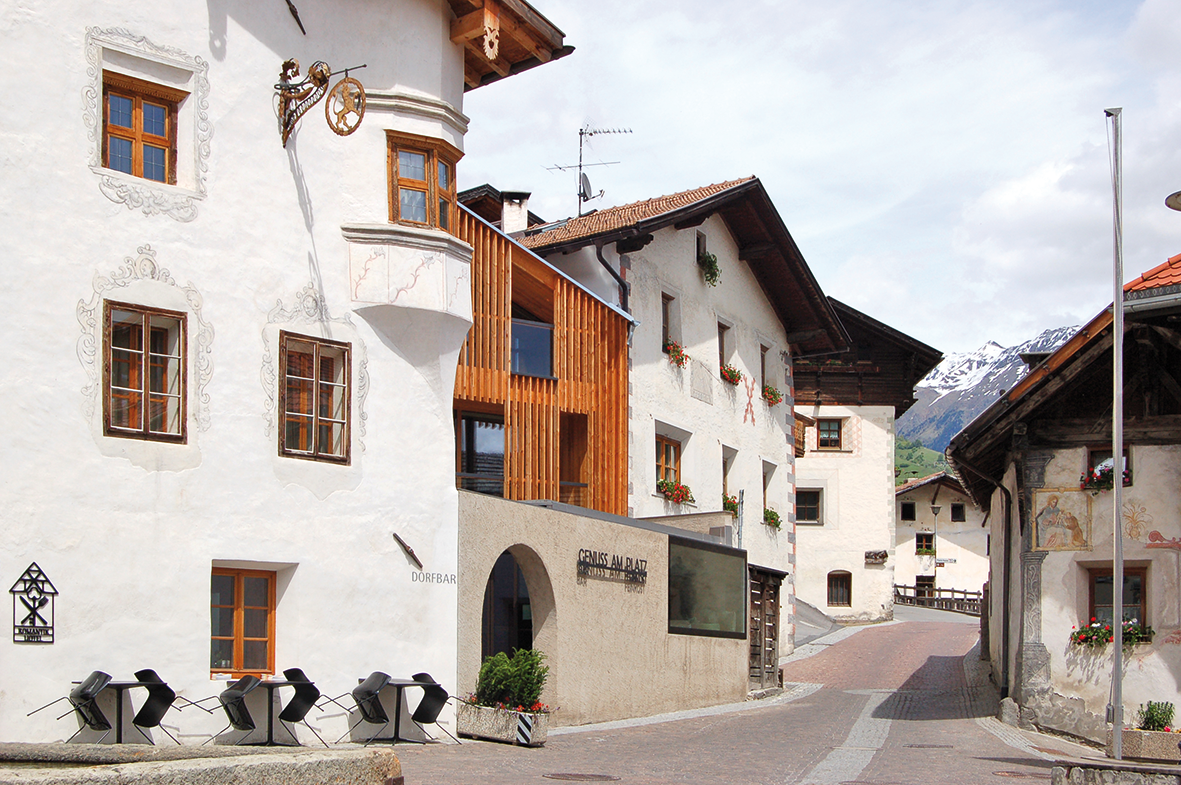
Mals, South Tyrol, Italy
Mals with its 5,113 inhabitants is located in the Upper Vinschgau and has an area of over 247 km². It is divided into ten fractions (villages), which range in height from 978 to 1738 m above sea level. The main village Mals is well-connected by road and rail to the city Meran, which is about 55 km away. In comparison to the state, the municipality is considered isolat-ed and structurally weak. Therefore, it is necessary to counteract the decreasing population number.
The development process is boosted by the strong responsibility of the citizens. Generally, Mals is considered exemplary in the fields of grassroots democracy. The new “Enactment for the implementation of referendums” is indicatory for all of South Tyrol. Projects for the usage of renewable energy, for the dealing with the cultural landscape and the historic building structure, for alternative mobility, for local supply and for child care were successfully implemented within only a few years.
The municipality received special attention for the planned referendum concerning a ”pesticide-free municipality Mals”. The reason for this is the growingly intense fruit cultivation, which is connected to the use of pesticides. This requires special protection measures for the surrounding green land and surrounding agrarian fields. Since spaces in Mals are structured relatively small, this is a very complex task. Therefore, the municipality strives for the general abandonment of pesticides, which are a hazardous for both health and environment. This juristically controversial request would secure the existence of copious organic farmers who generate important added value through refinement and self-marketing.
In order to become autonomous in energy, the municipality has taken important steps: solely through the construction and extension of six small hydroelectric power plants, there is now twice as much energy produced as used – resulting in a larger budget, as the excess energy can be sold. An important aspect is the architectural design of these power plants and their sensible embedding in the cultural landscape. Projects for biodiversity and renaturation add to the thoughtful dealing with nature.
Also exemplary is the comprehensive alternative mobility concept of the municipality Mals. The reinstated “Vinschger Bahn” (Vinschger train), carsharing, a citybus, free electric bicycles and many other projects are part of this concept. These projects, which aim to minimize car traffic, also have positive effects on the inner development of Mals. The village center is the terrain of pedestrians and cyclists again.
In order to reduce latent vacancy, the municipality buys derelict objects and offers them to people who are willing to develop the land. It also invests in the social construction of apartments in the center, while no more “green meadows” are designated for building space. This revitalization shows a high awareness for architectonic quality.
The award for the „Most child-friendly municipality in South Tyrol 2014”, the high voluntary involvement in 80 associations and several social services, a youth council, a swap-circle, libraries, the high-quality festival “Literatur an der Grenze” (Literature along the border), and the visionary public welfare economy are only a few examples for the high quality of life in this municipality.
Evaluated: 2014

